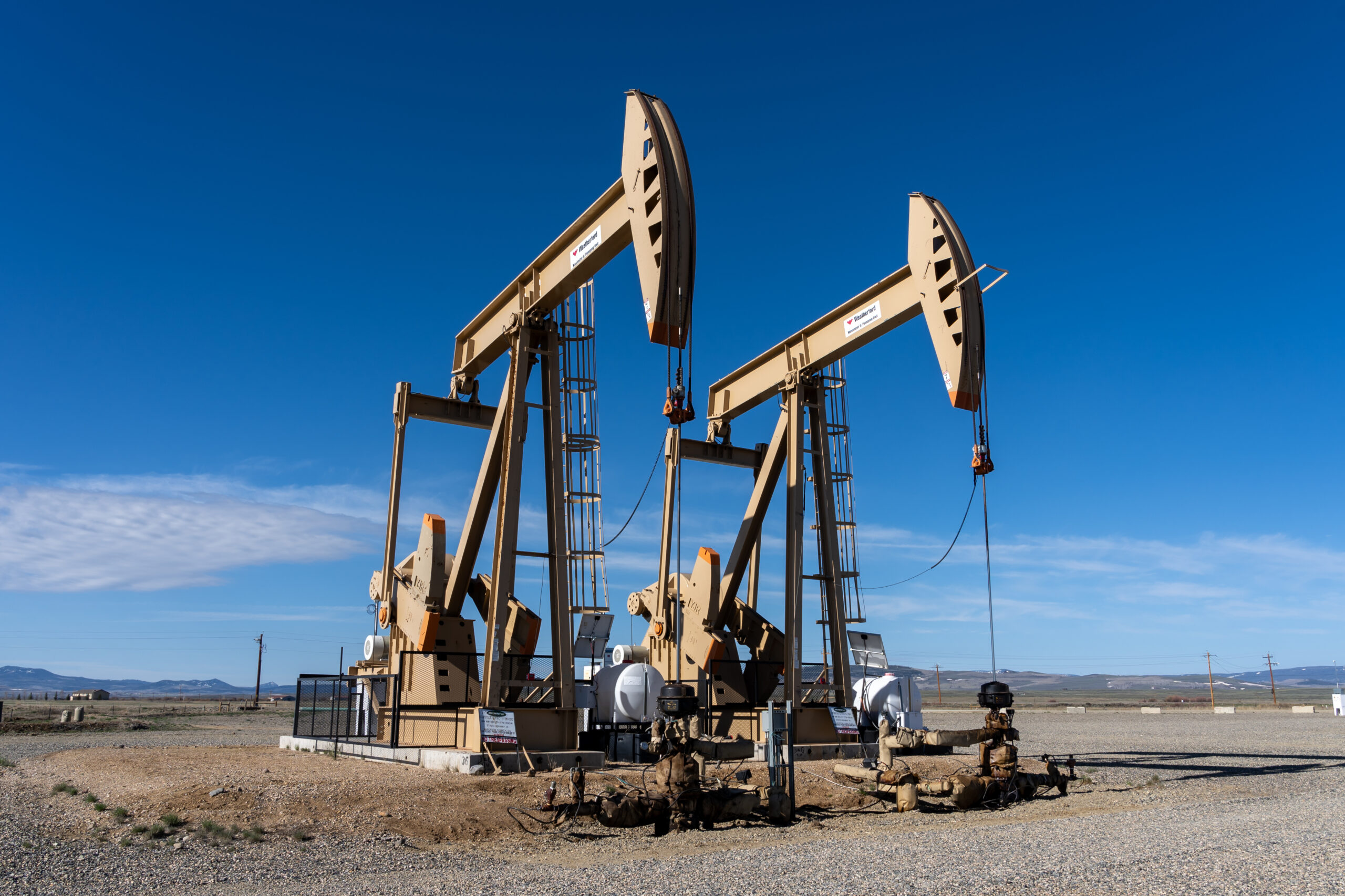EPA announces proposed methane emissions fee
The highly-anticipated policy will charge drillers for excess methane emissions.

On January 12, the U.S. Environmental Protection Agency released details on a new methane fee that will be imposed on oil and gas producers, aimed at slashing upstream methane emissions.
Borne out of the 2022 Inflation Reduction Act, the new methane fee will apply to emissions from producers that exceed certain thresholds. The fee starts at $900 per metric ton of methane in 2024, rising to $1,200 in 2025, and $1,500 for 2026 and thereafter.
“Under President Biden’s leadership, EPA is delivering on a comprehensive strategy to reduce wasteful methane emissions that endanger communities and fuel the climate crisis,” said EPA Administrator Michael S. Regan. “Today’s proposal, when finalized, will support a complementary set of technology standards and historic resources from the Inflation Reduction Act, to incentivize industry innovation and prompt action.”
Methane is an extremely potent greenhouse gas, more than 80 times more powerful at trapping heat than carbon dioxide over a 20-year period. The oil and gas industry is the largest source of methane pollution in the U.S.
Studies have shown that cutting global methane pollution by 45 percent by 2030 could avoid as much as 0.3 degrees Celsius of warming. The Biden administration has made cutting methane one of its top priorities at international climate negotiations. The EPA unveiled separate regulations on methane emissions from the oil and gas sector during the COP28 summit in Dubai.
Those regulations are intended to work in tandem with the upcoming methane fee. Companies that comply with regulations and reduce their methane can avoid paying the fee.
Despite a series of actions on methane, the Biden administration has also presided over ongoing growth in oil and gas production, both of which have climbed to all-time highs. Without putting meaningful constraints on production growth, the efficacy of regulations and fees on methane will be to some extent offset by rising oil and gas production. Higher output will translate into a larger source of methane emissions.
Democrats and environmental groups praised the EPA announcement.
“For too long it has been cheaper for oil and gas operators to waste methane rather than make the necessary upgrades to prevent leaks and flaring,” said Rep. Frank Pallone, Jr., Ranking Member of the House Energy and Commerce Committee. “The Methane Emissions Reduction Program and the proposed Waste Emissions Charge will ensure consumers no longer pay for wasted energy or the harm its emissions can cause.”
